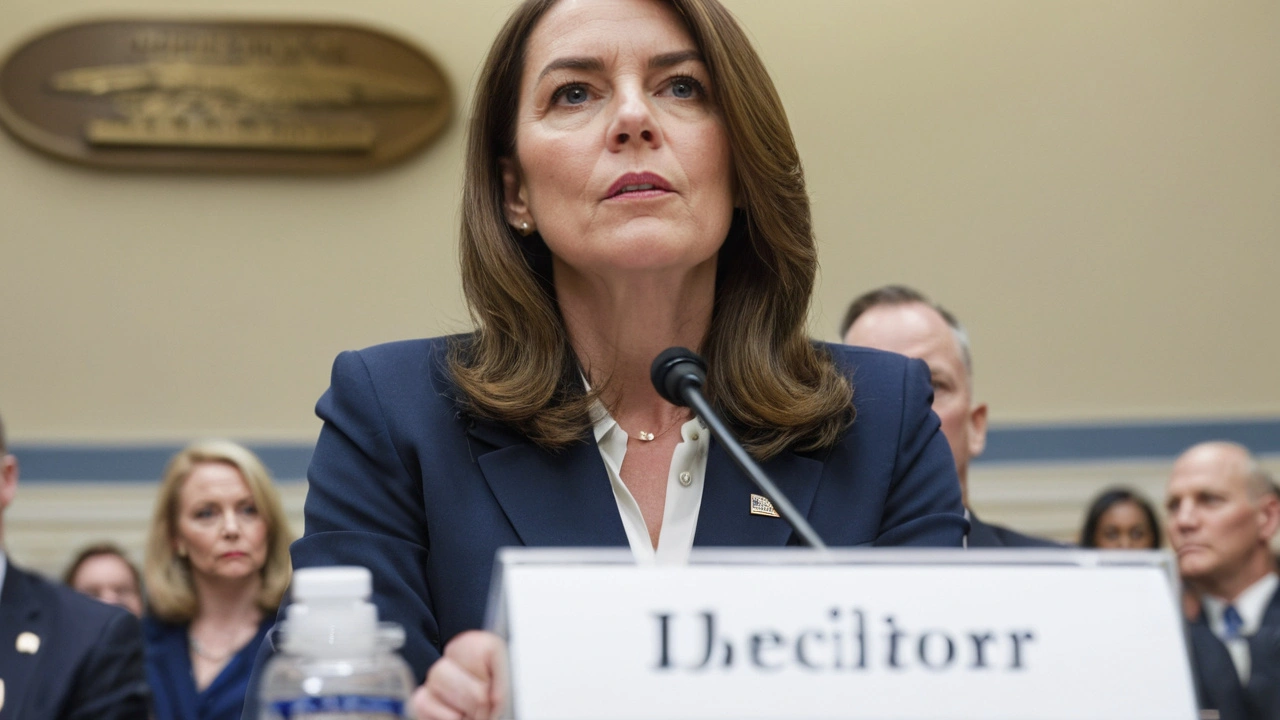Secret Service Overview – What It Does and Why It Matters
When you hear the name "Secret Service" you probably think of bodyguards, fancy cars and covert missions. The truth is a bit more layered, but the core idea stays the same: protecting people and keeping secrets safe. In this guide we break down the main jobs, a quick history, and how the agency fits into everyday security.
Core Responsibilities
The Secret Service has two big buckets of work. First, it protects the nation’s most important leaders – presidents, vice‑presidents, their families and sometimes visiting foreign heads of state. The agents stay close, plan routes, scan venues and react fast if something goes wrong.
Second, the agency fights financial and cyber crimes. It tracks counterfeit money, credit‑card fraud, identity theft and online scams. By following the money trail, agents can stop big fraud rings before they hit everyday people.
How It Got Started
Back in 1865, the U.S. Treasury needed a team to hunt down counterfeiters. That tiny group grew into today’s Secret Service, adding protection duties after a presidential assassination in 1901. Over the years, the agency adopted new tools – from horse‑back patrols to drones and AI‑driven cyber analysis.
Other countries have similar services. In South Africa, the Presidential Protection Unit does the close‑guard role, while the State Security Agency handles intelligence and fraud investigations. In Nigeria, the Department of State Services (DSS) combines protection, counter‑terrorism and cyber work. Knowing these parallels helps you see the global picture.
Everyday Impact
Even if you never meet an agent, their work touches daily life. When they stop a fake money operation, the price of groceries stays stable. When they secure a major event, crowds can enjoy concerts or sports without fear. Their cyber teams also protect banks and online shops, meaning your card details are less likely to be stolen.
For businesses, understanding the agency’s role can improve security plans. Simple steps like using strong passwords, watching for phishing emails, and reporting suspicious activity echo the Secret Service’s approach – stay alert, verify, and act fast.
What You Can Do
Want to help? Keep an eye on any weird calls or emails asking for personal info. If something feels off at a public event, tell security staff. And if you ever see a counterfeit bill, hand it to the nearest bank or police officer. Small actions add up to the larger protection mission.
In short, the Secret Service blends protection and investigation to keep leaders safe and crimes in check. Whether it’s guarding a president, catching a fraud ring, or safeguarding your online data, the agency’s work is an invisible safety net that lets our society run smoothly.
Stay curious, stay safe, and remember that security isn’t just for the elite – it’s a shared responsibility that starts with each of us.

23
Jul
Kimberly Cheatle, the Secret Service Director, is under heavy scrutiny following an assassination attempt on former President Donald Trump on July 13 during a Pennsylvania rally. The incident, which resulted in one fatality and several injuries, has brought calls for her resignation due to alleged security failures. Cheatle is set to testify before the House Oversight Committee as investigations continue.
Read More
